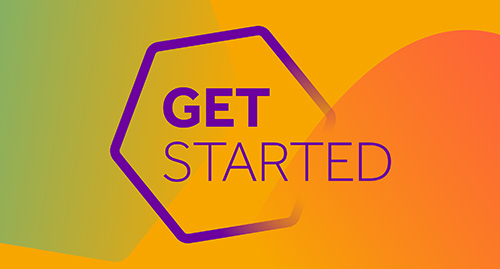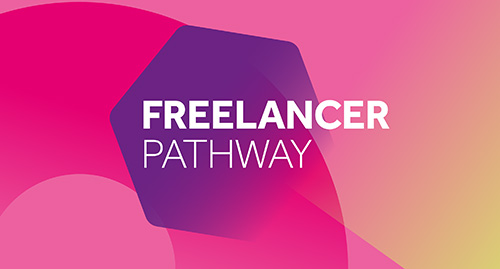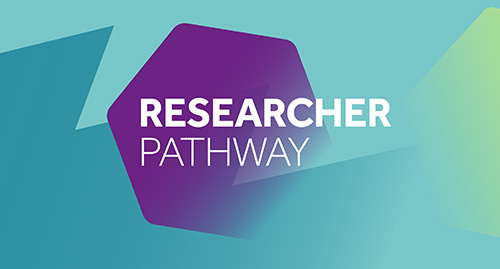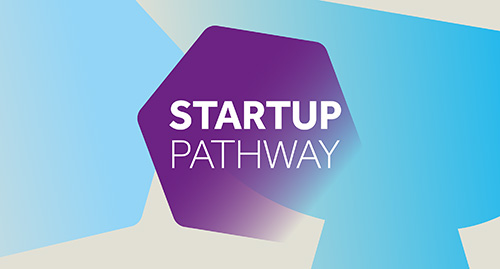Masood Entrepreneurship Centre
Welcome to the Masood Entrepreneurship Centre (MEC)!
The Masood Entrepreneurship Centre (MEC) is the focal point for enterprise and entrepreneurship teaching, learning and startup support at The University of Manchester.
In 2024/25: More than 2500 students took MEC Taught Units | Over 3000 registered for MEC events & programmes | 70 businesses launched
Study

Discover opportunities to enhance your studies and career prospects with enterprise and entrepreneurship. Open to all students.
More
Startup Appointments
Have a question about your business idea? Book a 30-minute 1-to-1 with a MEC team member.
Sign up
Sign Up
Sign up to our newsletter to receive updates on events, competitions, news and more.
Find out more
Contact Us
For all enquiries - whether you're UoM student/staff or external - please complete this form to contact the Masood Entrepreneurship Centre.
Find out more






